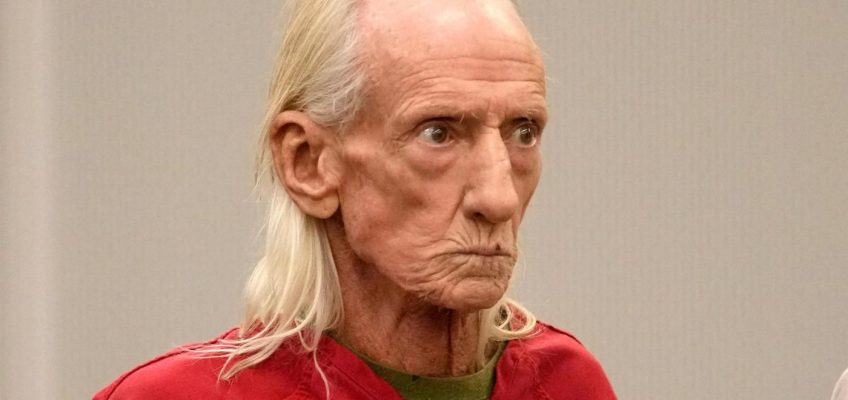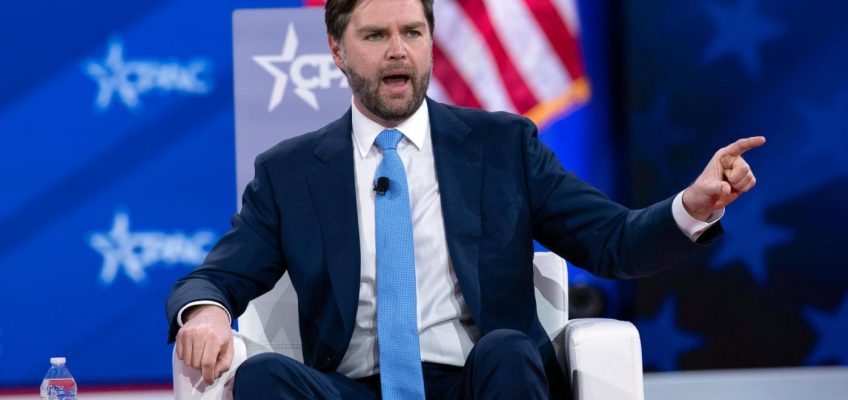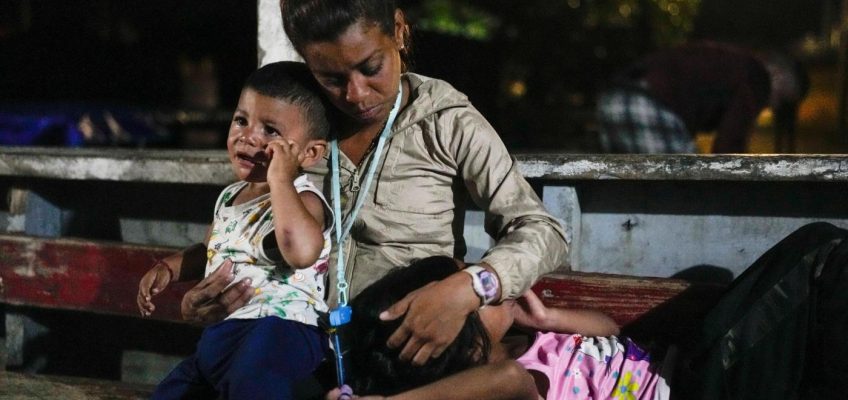DENVER — As Marcus Foligno sat in the Delta Center penalty box, awaiting his freedom after being whistled for a four-minute high sticking infraction, he marveled at the job his penalty-killing teammates did, erasing more than three minutes of Utah’s man advantage at the start of the second period on Thursday.
“They did a good job at the end of that four-minute minor,” said Foligno, who is one of the Minnesota Wild’s most reliable hard-nosed forwards.
Of course, by then, the damage had been done.
Utah scored on a 5-on-3 advantage for a 2-0 lead while Jonas Brodin, called for hooking, was in the box next to Foligno at the end of the first period. Chasing all night, the Wild lost in Salt Lake City, 6-1.
It was not a new issue for this Wild team, which jumped out to a stellar start to the season, and is still in a great position to make the playoffs for the first time under head coach John Hynes. But heading into Friday’s game at Colorado, the Wild had the NHL’s second-worst penalty kill, ranked 31st out of the NHL’s 32 teams statistically.
Only Detroit, which split a two-game series with Minnesota last week, was worse. When the Wild go to the penalty kill, opponents are scoring better than 29 percent of the time.
After one of the Wild’s most lopsided losses of the season, Hynes didn’t pin things specifically on the penalty kill, choosing instead to share the blame.
“I thought for large portions of the night tonight, we got out-skated and got out-competed. We didn’t do a lot,” he said. “We had some stretches where we pushed and we played, but I thought they were faster, harder, more competitive and made more plays.”
The March 7 NHL trade deadline is now less than a week away. For months, the talk has been about forwards, and whether the Wild will make a move to bring pending free agent Brock Nelson “home” from the New York Islanders. Wild general manager Bill Guerin may still look for help on the team’s top two lines, especially with Kirill Kaprizov and Joel Eriksson Ek sidelined by lower body injuries with no definite timeline for return.
Some have speculated that if Guerin adds an offensive forward, it will be with an eye toward a playoff run. If so, it could be a sign that either Kaprizov or Eriksson Ek, or both, will be unavailable for much of March, when the Wild play 11 of 15 games at home. But more often than not, the Wild have found enough offense to win, especially with the likes of Matt Boldy, Marco Rossi and Mats Zuccarello leading from the front, and with Filip Gustavsson and Marc-Andre Fleury proving to be a steady tandem in goal.
The penalty kill is clearly the weak spot.
Hynes has talked about staying out of the box and winning more faceoffs as keys to avoiding and surviving two-minute stretches when they’re down a man. As the deadline creeps closer, there is more chatter about the Wild’s interest in forwards of the shutdown variety. Guerin has proven to be adept at knowing what this team needs and finding ways to afford those needs. Inside the quiet Wild locker room on Thursday, there was more talk about the team doing its best with it has.
“This team is solid. I don’t think we need to cry for help,” Foligno said. “Obviously, help is nice, but we’ve just gotta keep pushing forward with what we’ve got. We’ve been doing it all year.”
That’s true, but if this team has designs on playing games in May, there is one area where help does appear to be needed.
Related Articles
No help in sight for Wild, as Utah jumps them early
Far removed from his Blaine days, Nick Bjugstad can still feel tourney time in his gut
Going to the net paying off for Wild newcomer Vinnie Hinostroza
Early lead slips away as Wild’s home malaise continues
Kirill Kaprizov isn’t close, and Joel Eriksson Ek is on injured reserve




